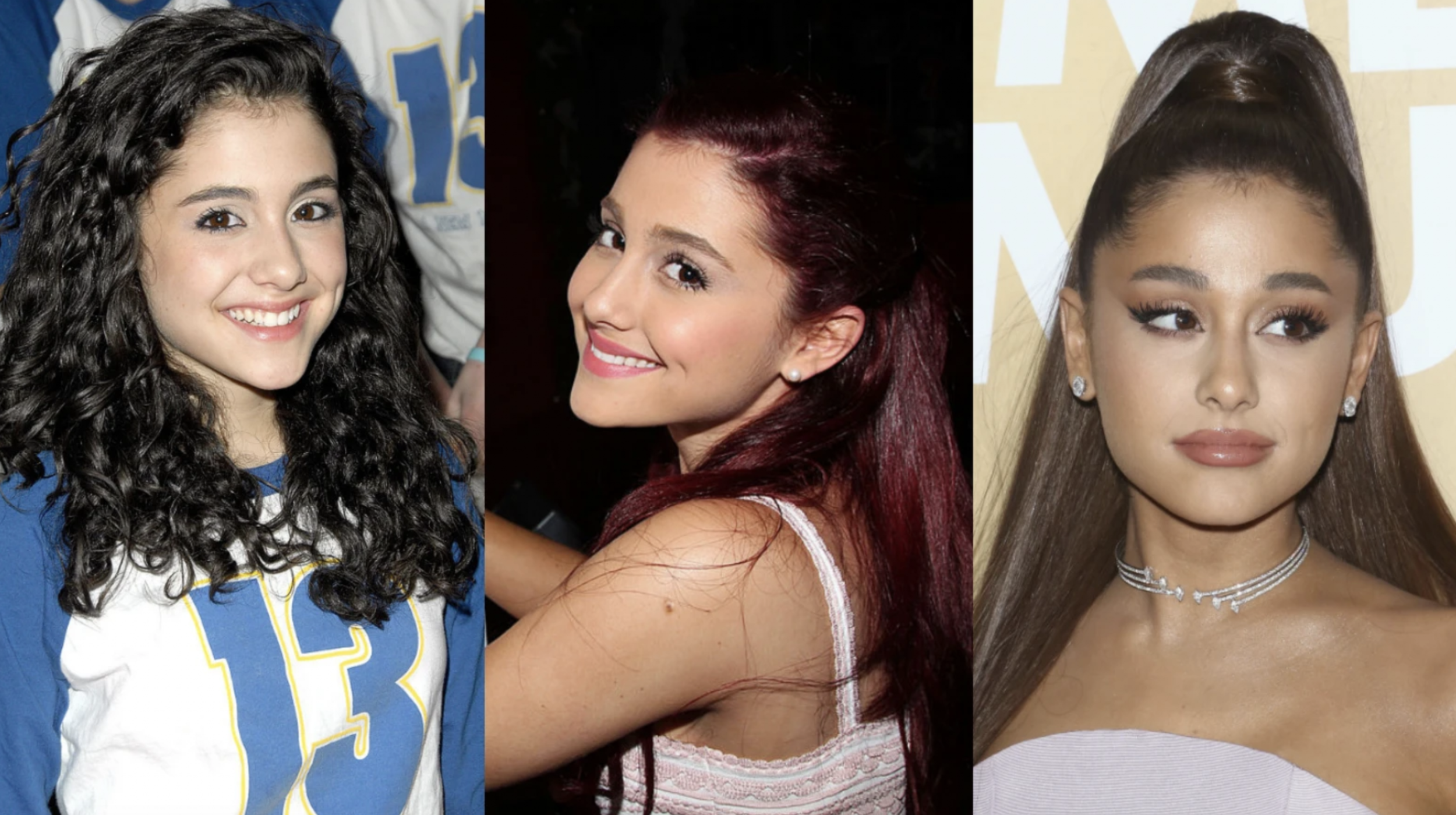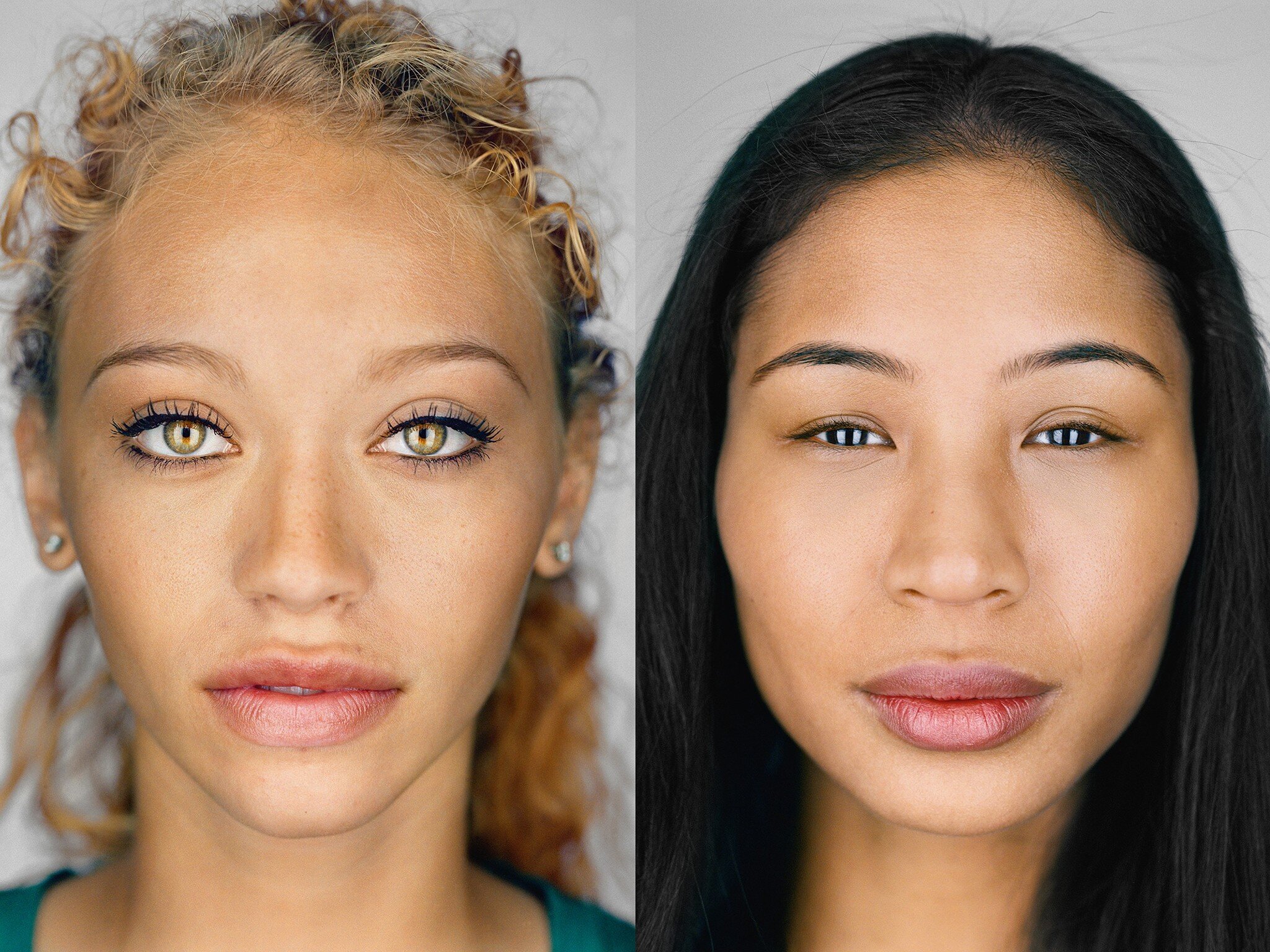Ariana Grande and the Issue of Fetishized Racial Ambiguity
When I was in high school, a beauty industry insider told me that I should consider becoming a model because I'm “ethnically ambiguous”. I have never been a stranger to comments like this; most people either try to guess what country my parents are from or decide to directly ask me out of their own intense curiosity. I have been labeled as Latinx. I have been assumed to be from the Mediterranean. I have been met with shock when I offer up my Asian roots on a platter of explanations. More times than not, I have been asked "are you sure you're Asian?"
The memory of this encounter resurfaced for me when a friend turned to me and stated, “wait, I thought Ariana Grande was Latinx”. I refuted, explaining that the pop star is an Italian-American white woman with a penchant for appropriating black culture. My friend turned to their brother to ask if he knew she was white, only for him to exclaim surprise as well.
Alongside the memory, I also felt an old bubble of bitterness arise in me. What had struck me most about my exchange with that woman was the blatant fetishization of my skin for media consumption. When I had asked the woman what she meant by “ethnically ambiguous”, she explained to me that I was marketable because I appeared as everything and yet nothing at the same time. In her eyes, my skin was malleable at the hands of the masses; I was to toss aside my roots in order to be valuable. It was solely this lack of perceivable identity that placed a sudden and weighty worth on my shoulders.
Ariana Grande’s image does nothing to aid the struggles of those with features that her fellow white onlookers cannot identify. She not only appropriates black culture but tans to the point of appearing something, anything, other than white. This appeal that she caters to, the decolouring of music made largely by and for people of colour, stands at the same point that I was told to model on. She capitalises on a false identity; I was told to capitalise on my supposed lack of identity.
Representation is something that matters. There is not one image, one kind of face, behind any race. I am Southeast Asian and it is something I am truly proud of. Just because I don’t look like what people assume to be Asian does not mean that I am not. I implore those out there who have faced similar struggles with the question of identity to not let others’ opinions define you. You are who you are. Embrace it fully!
Photo Credit 1: https://www.vice.com/en_us/article/mb8pan/ariana-grandes-wax-figure-is-her-minus-pretending-to-be-black
Photo Credit 2: https://www.nationalgeographic.com/photography/proof/2013/09/17/visualizing-change/
Report: Nicolette Schneiderman





















At the rise of Covid-19 many of us first questioned the timeline of fashion week and would we see the regular calendar continue - the question weighed over many of us for months! It was refreshing to see design houses and designers across the globe take advantage of the uncertainty and plow into production mode - thus my interest in Jerri Reid New York - The Black Designer based in Brooklyn New York wow’d instagram with his latest collection paying homage to the Black Is King film which debuted earlier this year in July. I was taken aback at quick of a turn round the young designer produced and released his well crafted designs reflecting some of the films most memorable moments.